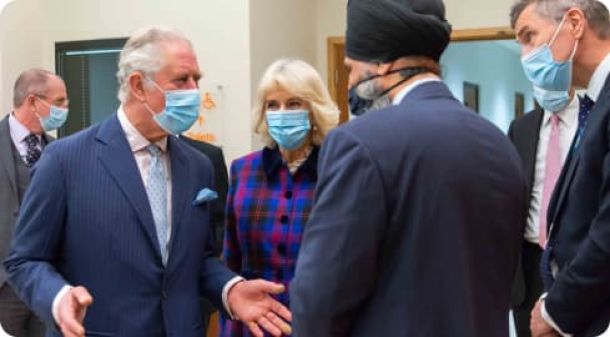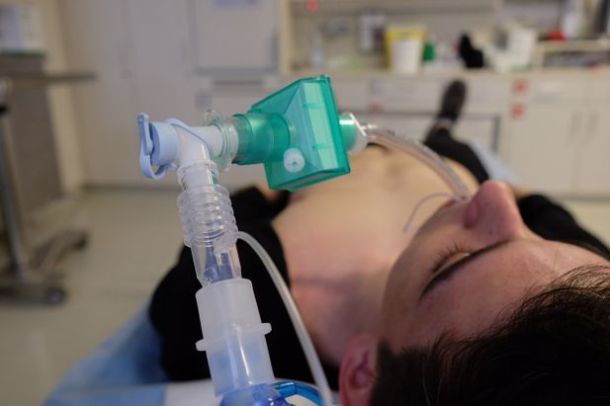
Midlands regional health partnership strengthened

Birmingham Health Partners and the West Midlands Academic Health Science Network (WMAHSN) – both based within the ITM – have reinforced their strong working relationship through the appointment of BHP Managing Director Dr John Williams to the WMAHSN board.
The appointment is part of a wider restructure which has seen four new strategic roles created, which reflect the priorities of the new five-year licence period for the WMAHSN – approved by NHS England last year as part of a ten-year vision to drive health innovation and stimulate economic growth.
Dr John Williams has a wealth of experience from a career in academia researching physiology, to a number of strategic positions in the professional biomedical sector at The Wellcome Trust and the Academy of Medical Sciences. These roles encompassed policy communication regarding major government reviews, launching strategic research initiatives as well as grant development and a strategic framework refresh of the Academy of Medical Sciences.
John’s broad range of experience and insight developed over his extensive career in the biomedical sector is of great benefit to both BHP and the WMAHSN. Working with the board and executive, he manages the relationships with and between partners, new and existing stakeholders and industry partnerships. Alongside this John plays a central role in creating and developing the BHP business plan and delivering strategic objectives set by the board.
Tony Davis, previously the Commercial Director with the WMAHSN, now becomes the Director of Innovation and Economic Growth. Kate Hall joins as the new Director of Implementation and Adoption. Rob Chesters will support them as the new WMAHSN Chief Operating Officer.
John and Kate will be joining the WMAHSN for two days a week while continuing their current roles at Birmingham Health Partners and UCL Partners respectively.
“The new appointments are great additions to the WMAHSN, each one recognised regionally and nationally for their contribution to healthcare and healthcare innovation.
“Our ambition is to stimulate the health and wealth of our region through innovation and so we wanted to take an innovative approach to our leadership model, creating a strong, high profile team that reflects the priorities of our new five-year licence and confidently navigates any challenges ahead.”
Professor Michael Sheppard, Chair of WMAHSN
Initially set up in 2013 to encourage health innovation and stimulate economic growth, the national AHSN Network is made up of 15 regional organisations. In its first five years, the WMAHSN supported 3,000 companies and supported projects in 770 sites across the West Midlands that benefitted nearly 70,000 people.
Tony Davis has been with the WMAHSN since it was established in 2013. As Commercial Director he has been leading on wealth creation and the innovation pipeline development for the organisation. Before his role at the AHSN, Tony was the CEO of Medilink West Midlands Ltd and the Chair of Medilink UK, promoting the life sciences industry to government organisations and helping SMEs in the marketplace to grow their business.
Kate Hall started her NHS career a ward clerk and since then has worked within and managed many hospital services. She has an extensive background as a senior manager having worked in a number of senior operational roles and is particularly interested in building capability for leadership and improvement, methods for effective implementation and adoption and sustainability of change.
Rob Chesters was previously the Senior Innovation and Research Manager at NHS England, within the Innovation, Research and Life Sciences Group. Prior to that, Rob was a Senior Innovation Manager at the NHS National Innovation Centre, part of the NHS Institute for Innovation and Improvement. He has a background in Innovation policy and adoption and has led the introduction of a wide range of technologies into the NHS. Rob is also experienced in Industrial Design specialising in Medical Product design, Assisted Living and Inclusive Design.
The new structure will come into effect in April 2019.








